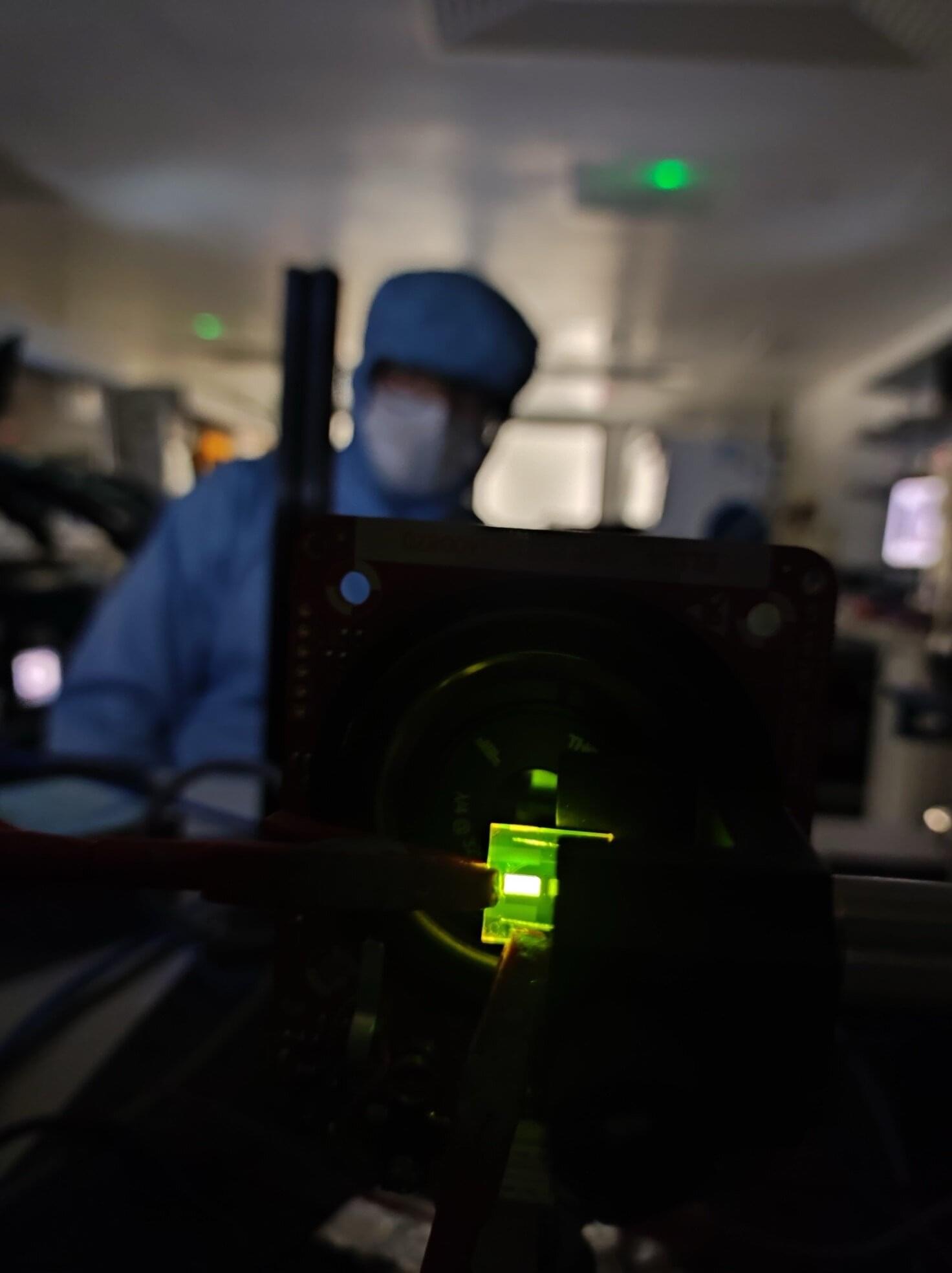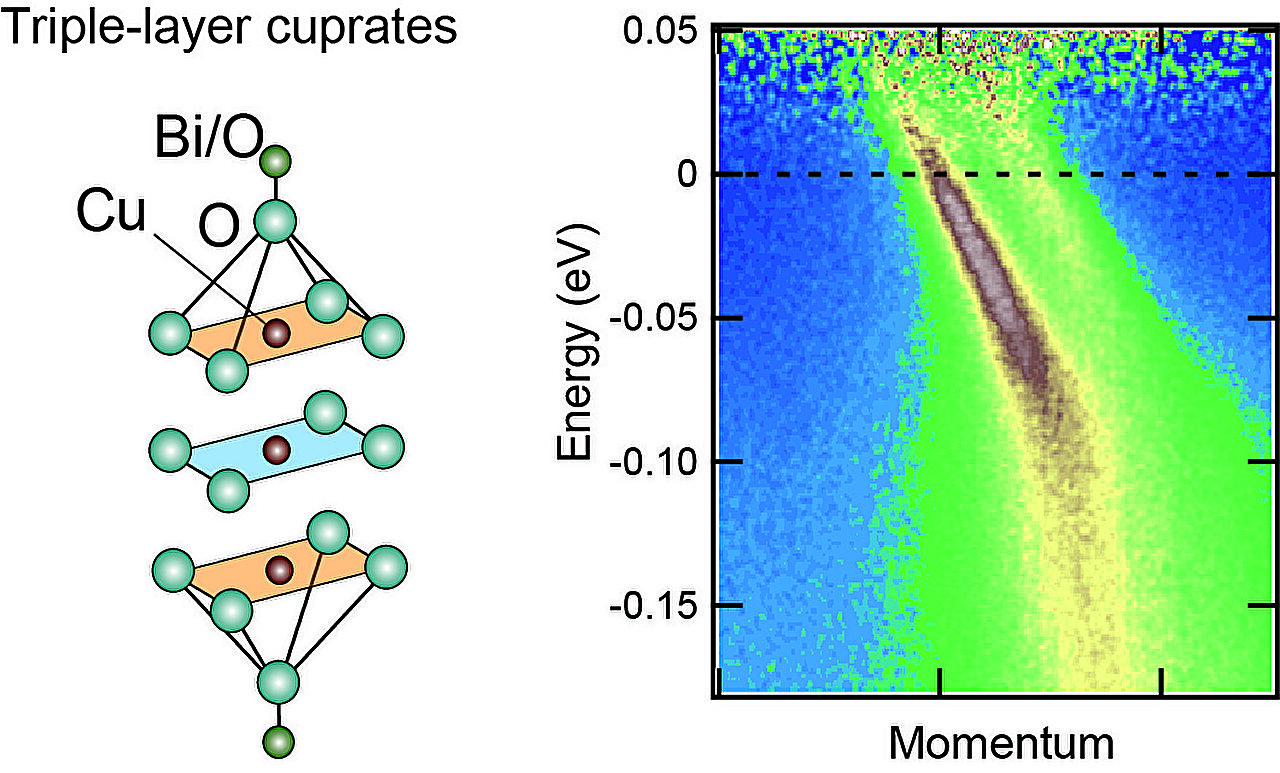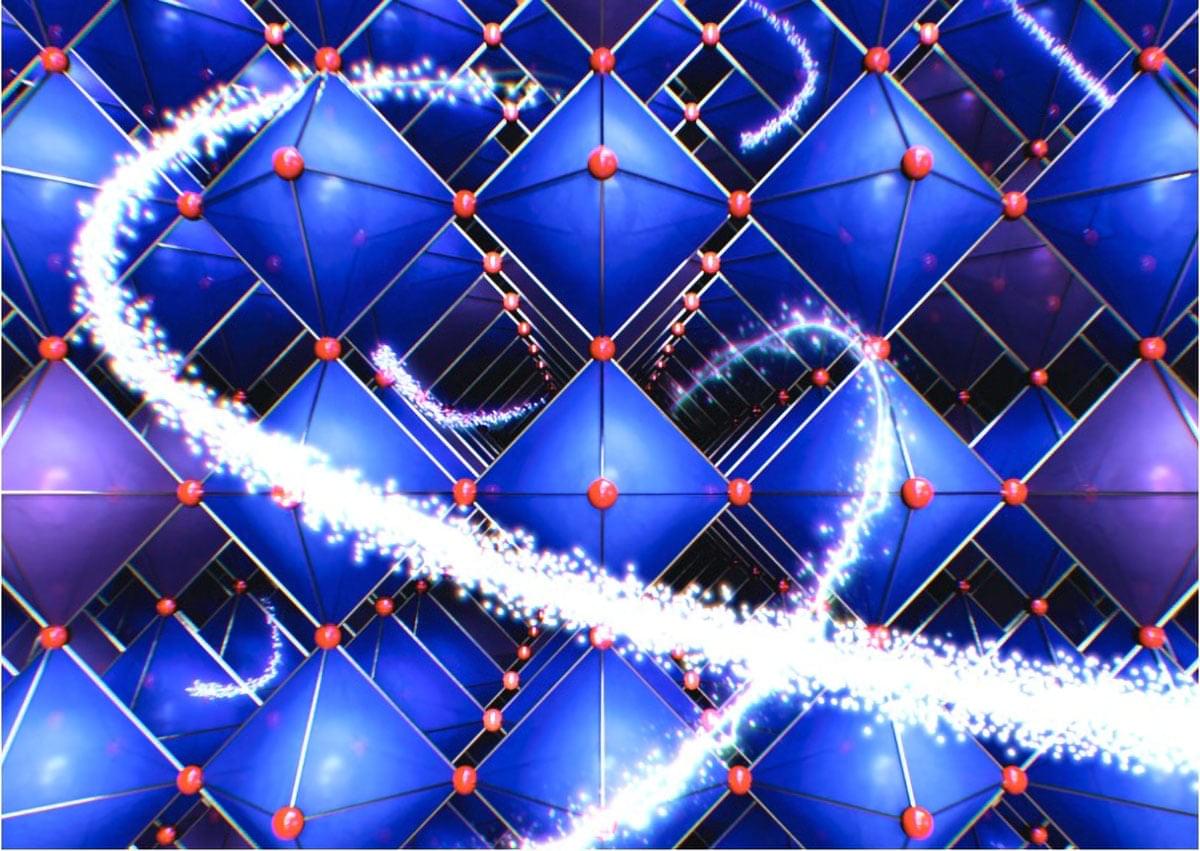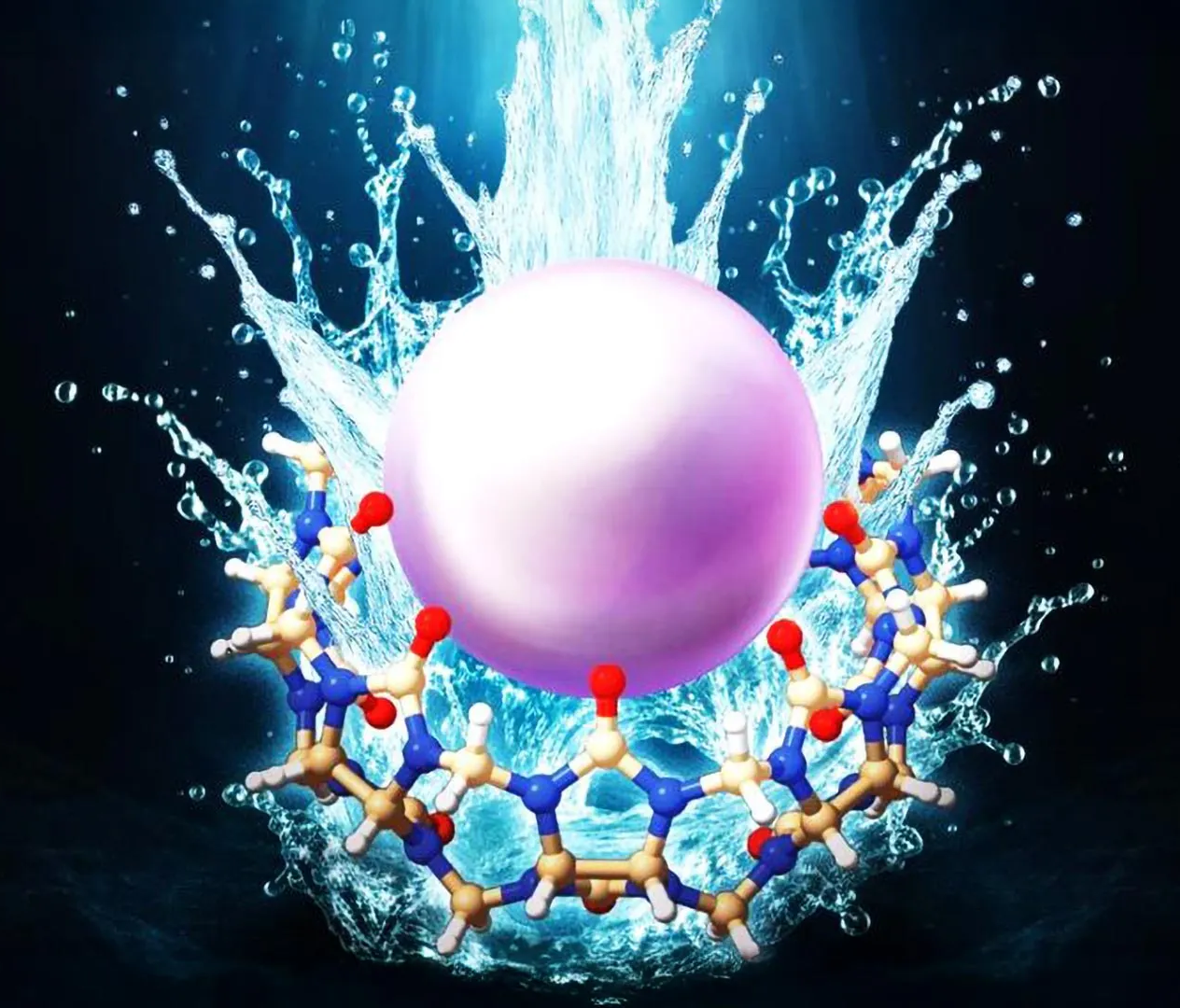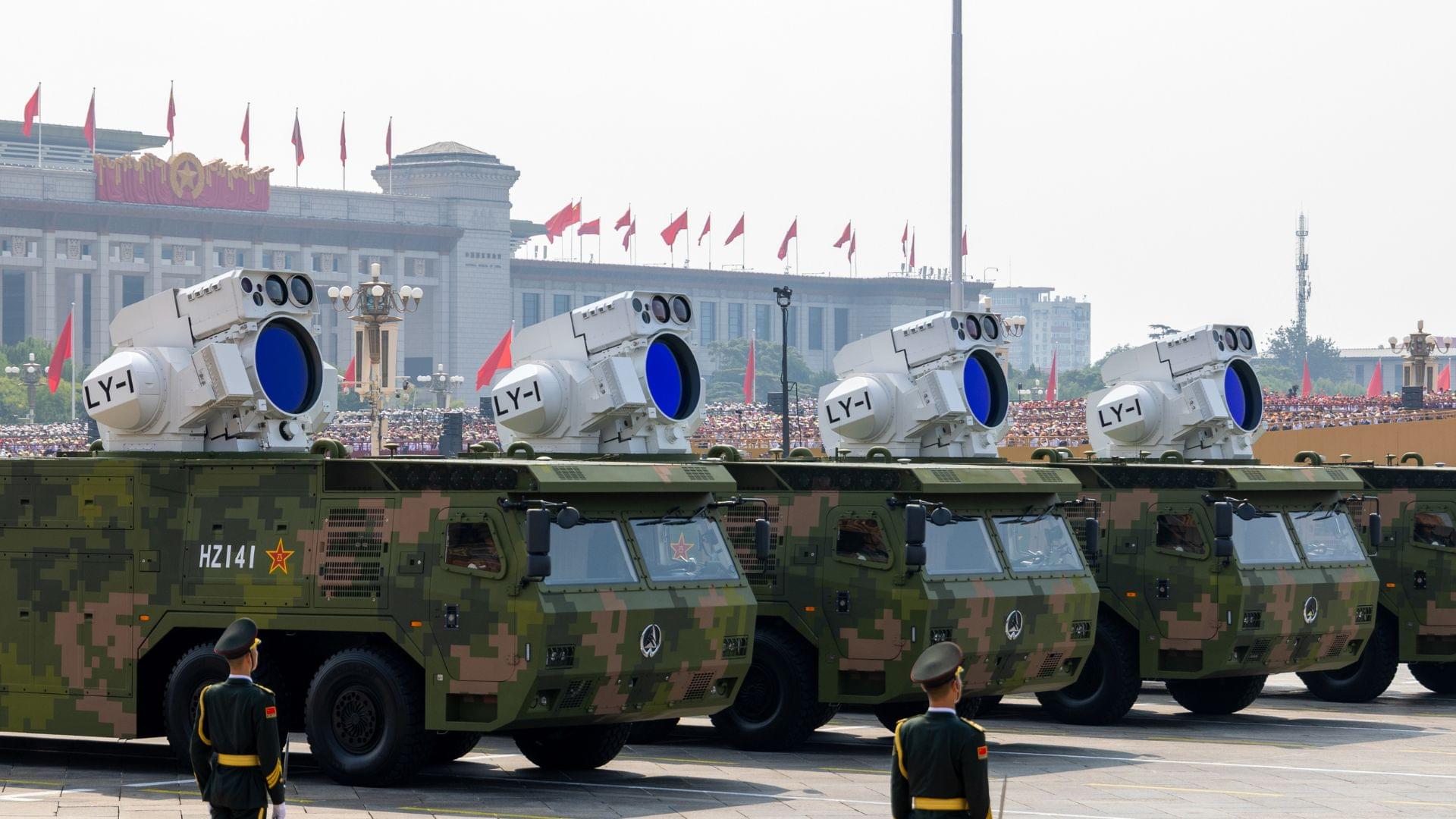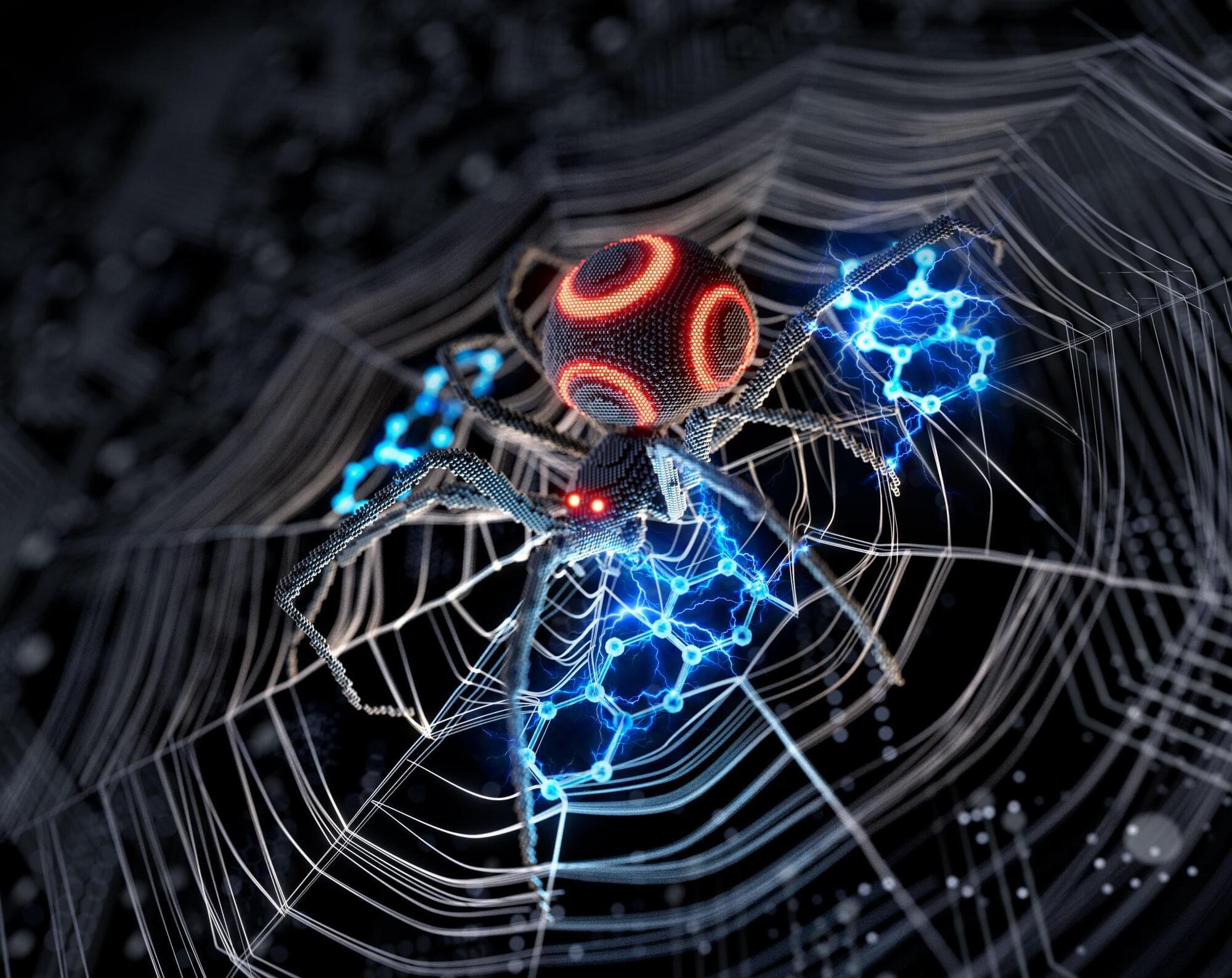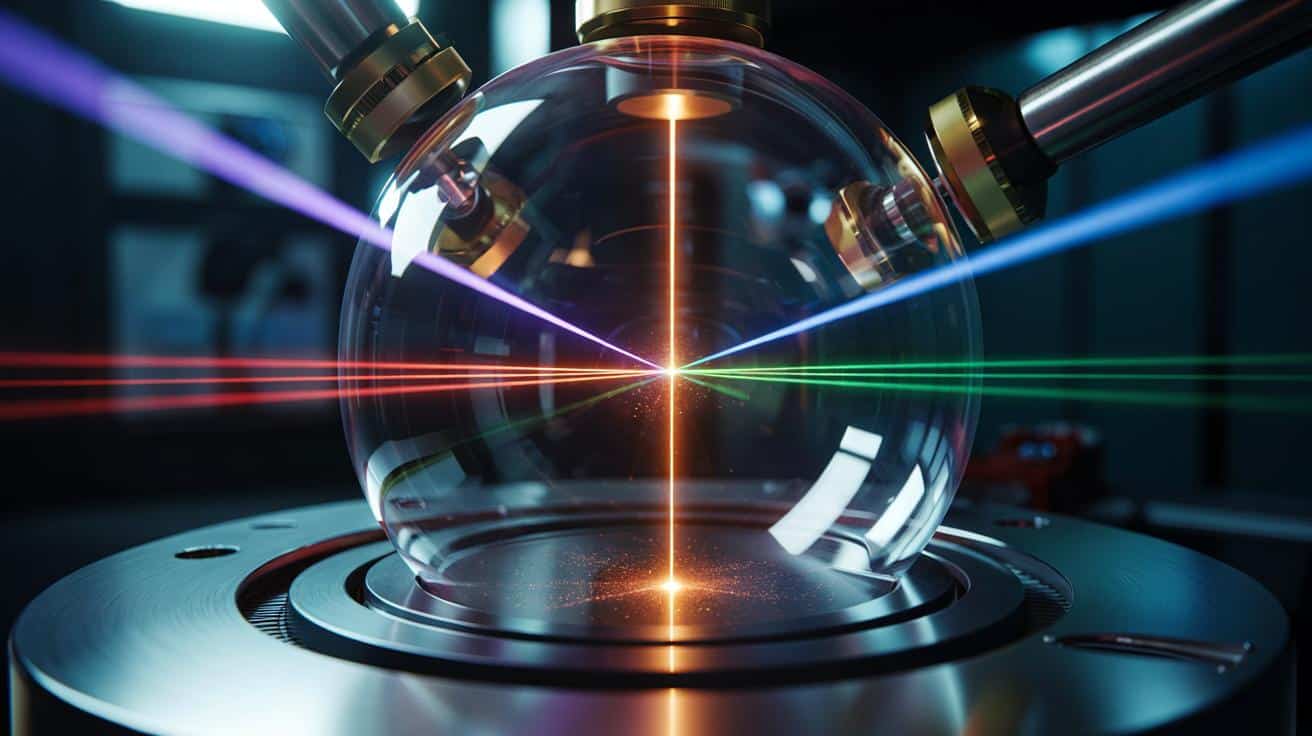Researchers at the University of Bamberg have traced a darkly intricate form of narcissism in sexually motivated male serial killers, reporting that many offenders combine brittle sensitivity with a craving for admiration and dominance leans on the killers’ own words from confessions and interrogations rather than psychiatric labels alone.
Serial killers have fascinated and frightened audiences for centuries, with media portrayals ranging from monstrous to romanticized. According to the FBI’s Serial Murder Symposium, serial murder involves the unlawful killing of two or more victims by the same offender in separate events.
For decades, many police and forensic teams have grouped serial killers into categories by motive: visionary killers driven by psychosis and hallucinations, thrill killers who pursue excitement and pleasure through killing, mission-oriented offenders who believe they must eliminate specific groups, power/control killers who seek total dominance over their victims, often including sexual abuse, and those whose crimes revolve around lust.
